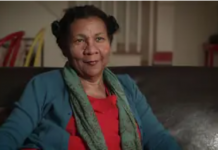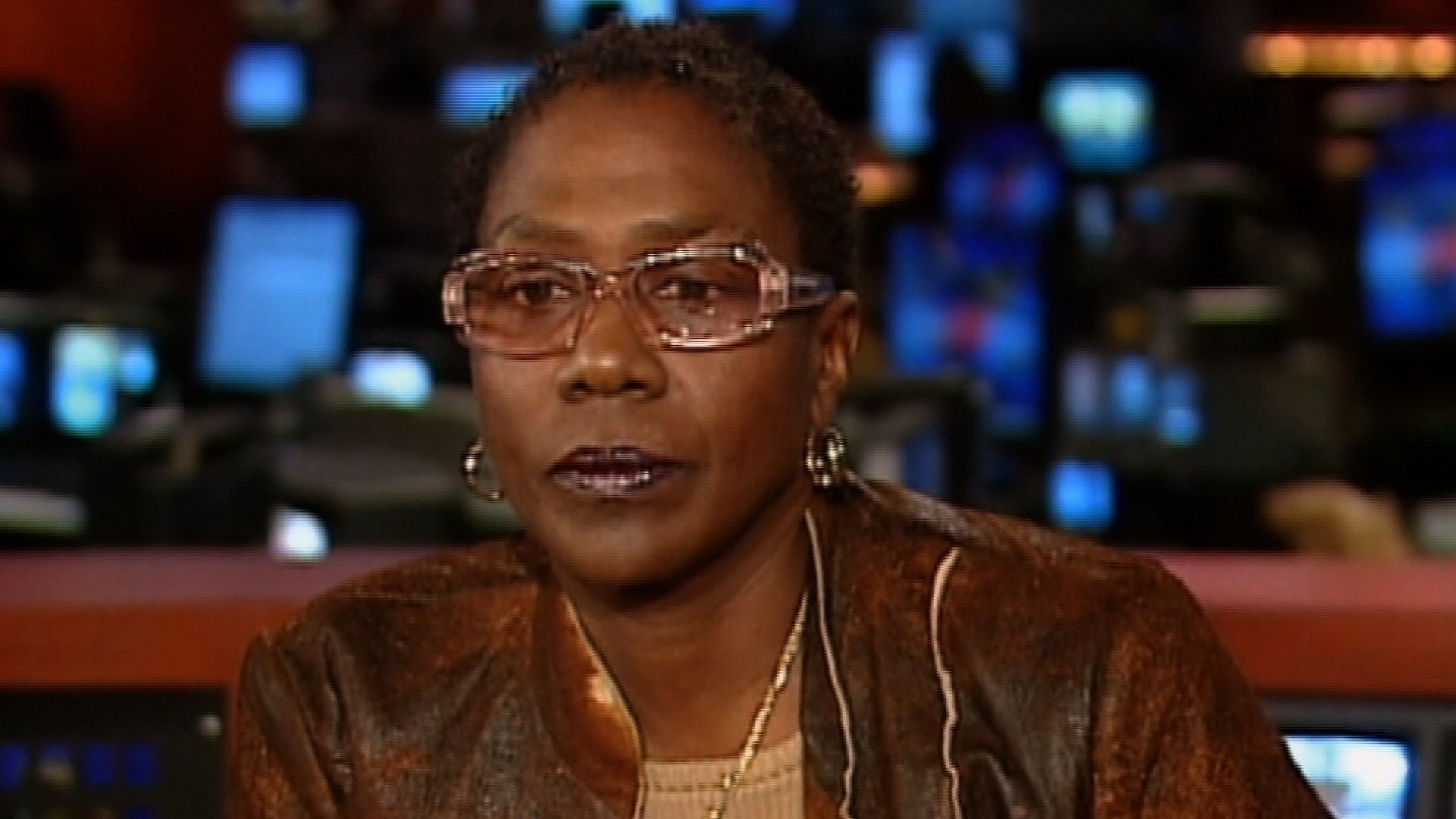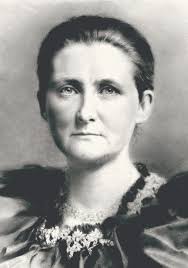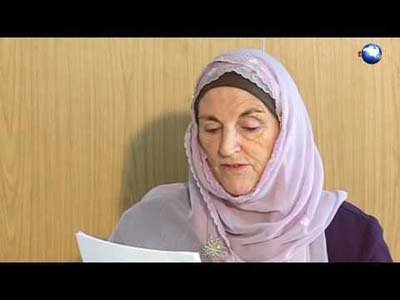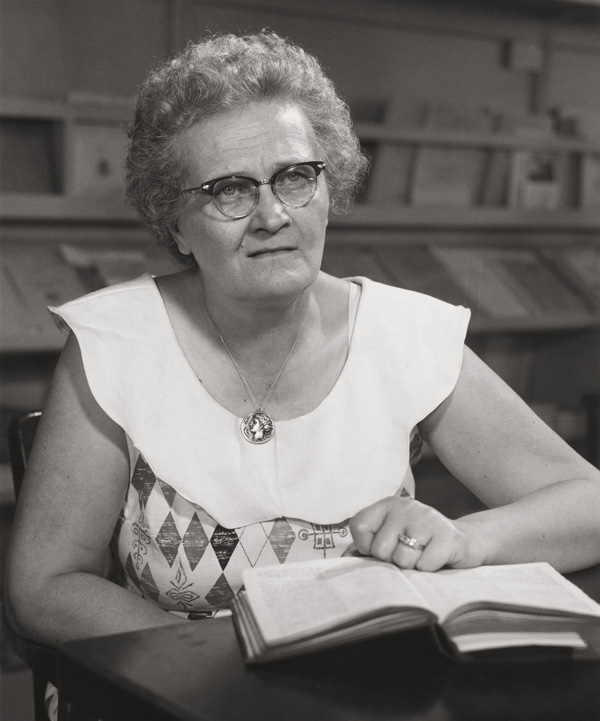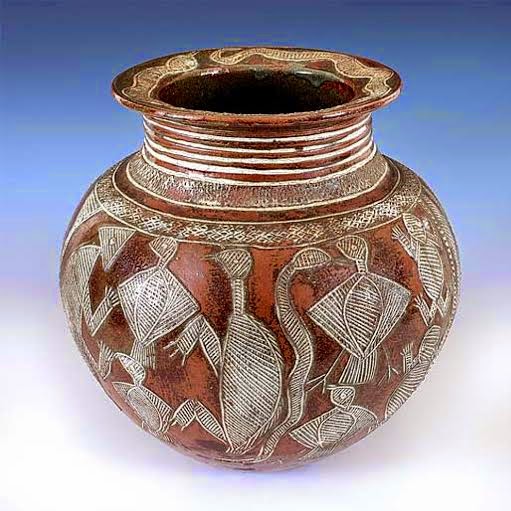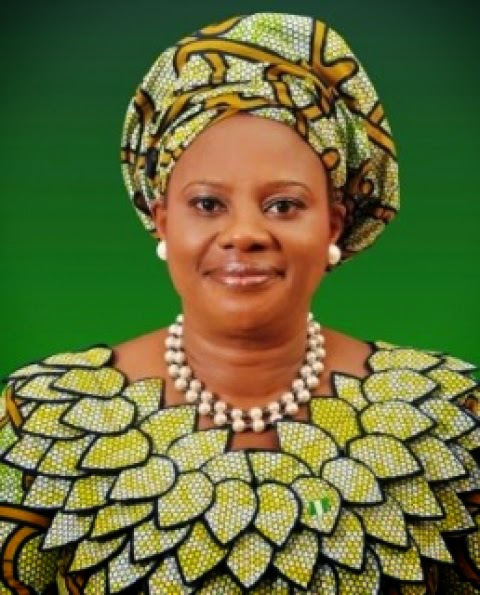
Wuraola Adepeju Esan was born in 1909 in Calabar to the famous Ojo’badan family. Her father Chief Thomas Adeogun Ojo was a veteran of the First World War and a forestry officer.
Esan attended Baptist Girls College, Idi Aba, Abeokuta before proceeding to the united Missionary College to earn a Teachers Training Diploma. From 1930 to 1934, she was a domestic science teacher at a missionary training school in Akure. She later married Victor Esan in 1934 and they briefly lived in Lagos and a few years later she moved back to her hometown Ibadan.
Although educational facilities available to women during the colonial era were limited; in 1944, she established the Ibadan People’s Girls Grammar School in Molete to educate women in different subjects including domestic science. However, her views and subsequent political ideas did not advocate a much more expanded vision of women’s place in a broader society.
In the 1950s, she entered partisan politics and was a member of the women’s wing of the Action Group. Though the women were important instruments to garner votes, few were accorded official power and party-wide responsibility. However, Esan was able to rise through the ranks to become the first female member of the Nigerian National Assembly, as a nominated senator from Ibadan West; she was also a founding member of the National Council of Women Societies.
In 1975, she took the title of Iyalode and thus acquired the rank of a high chief in Ibadan.
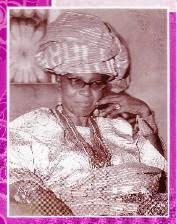
When contemporaries of Iyalode Esan were busy amassing wealth for themselves and their children, Wuraola, the indefatigable Iyalode of Ibadan was busy thinking on how to make her name live after her.
Chief Wuraola Esan derived no career advanage from either her father or husband. Her political status was achieved by self-effort and merit. She reached the pinnacle of her political career as a Senator and her social career as the Iyalode, largely because of her personality as an educationist. In addition, because of the prejudices against women in the country, her philosophy was that as a woman, one had to be twice as efficient as a man in order to gain recognition. To this end, she strove to excel in all her undertakings.
She was very articulate and was not cowed by the fact that she was the only woman amongst all the men. She was able to pass her message to her colleagues very eloquently and even managed to convince some of the ministers to take necessary policy decisions. she contributed positively to debates often times speaking more than the men. Some of her contributions during her tenure 1960-64 which have already been highlighted show that she did not allow herself to be deterred by any heckling.
She was a worthy role model not only for her children, but also for young ladies who passed through her directly and indirectly. She imbibed in them the spirit of hard work and good moral values; and taught them that it is possible to combine public commitment with private responsibilities provided that one works hard at it.


